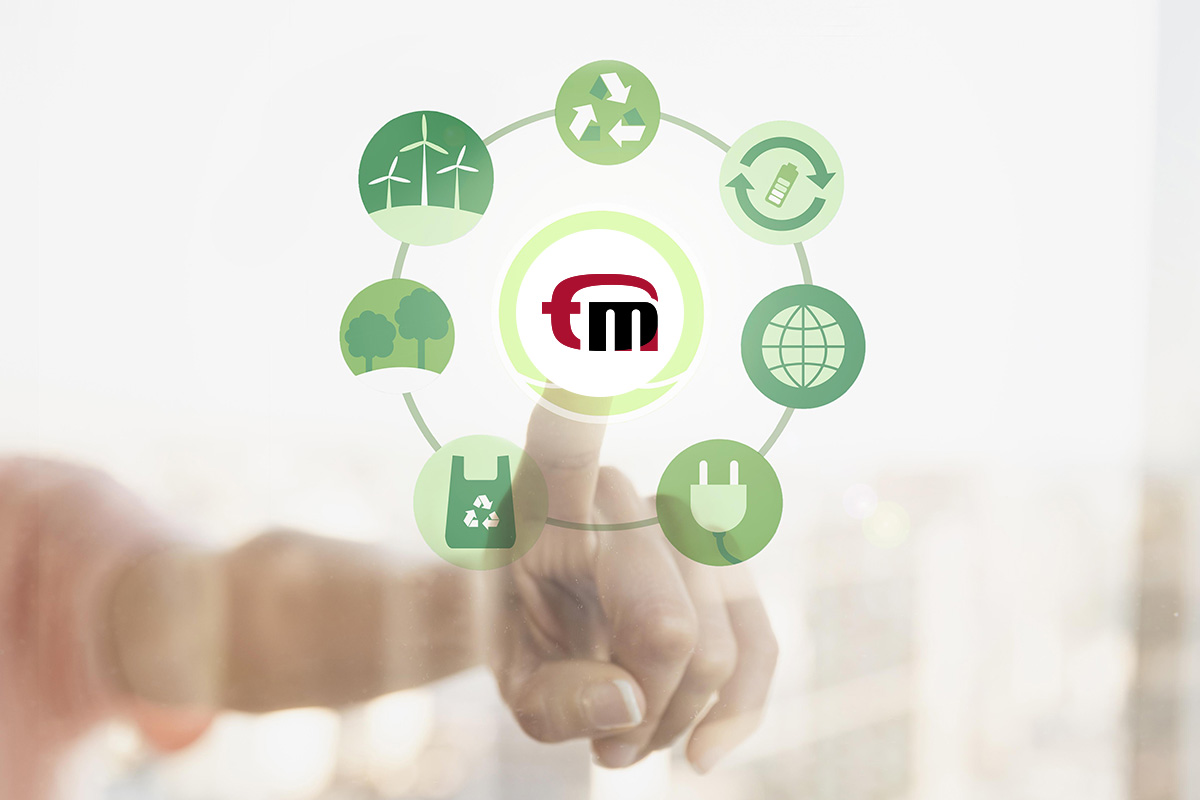In the context of growing environmental awareness and the urgency to address challenges related to climate change, sustainability has become a key term in interpersonal and, especially, business language. Indeed, when we talk about sustainability, we are no longer referring to a desirable goal, but to an imperative to be achieved in order to take decisive steps towards a green future.
Sustainability hinges on effective communication
Empowering consumers in the green transition is crucial for progress towards a more sustainable society. Recent amendments to Directive 2005/29/EC and Directive 2011/83/EU, pending ratification and introduced at the beginning of 2024, aim to improve consumer protection against unfair practices and ensure more comprehensive, transparent, and accurate information. The goal is to achieve the proper functioning of the internal market, based on a high level of consumer and environmental protection, making progress in the green transition. To do this, it is essential for consumers to make informed purchasing decisions, thereby contributing to more sustainable consumption patterns. This implies that economic operators take responsibility for providing clear, relevant, and reliable information. Hence, it was appropriate to introduce specific rules in EU consumer protection legislation to combat unfair commercial practices that deceive consumers and prevent them from making sustainable consumption choices.
But what are the unsustainable behaviors? Practices associated with premature obsolescence of goods, for example, or misleading environmental claims (so-called greenwashing) or those regarding the social characteristics of products or businesses of economic operators. Or yet, non-transparent and non-credible sustainability labels.
More awareness, more sustainability
The introduction of changes to the aforementioned rules will enable competent national authorities to take a significant step forward towards greater environmental awareness and more sustainable consumption. The resulting outcome will be consumers who are better informed about a company's products and services, including their environmental impacts. This transparency will enable them to make more informed choices that promote environmental sustainability.
Furthermore, greater precision in information about ecological and sustainable products and services will encourage businesses to develop and promote solutions that respect the environment and promote responsible corporate behaviour. In conclusion, these changes represent a decisive step forward in promoting the green transition, ensuring greater consumer protection and clearer, more comprehensive, and precise information that guides them towards more informed and therefore more sustainable choices.
#makeabrightfuture


